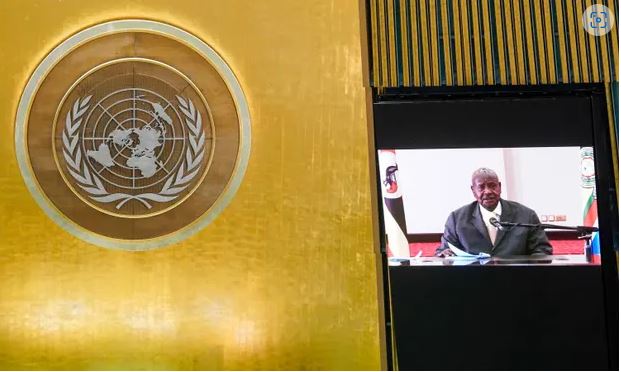
In a letter to the Office of the UN High Commissioner for Human Rights in Uganda dated February 3, the foreign affairs ministry said it would not renew the host country agreement it signed with the OHCHR, which established its initial mandate in the country in 2005. The current mandate, signed on February 9, 2020, expires in August.
“The government of Uganda will now continue its cooperation with the OHCHR Headquarters either directly or through its Permanent Mission in Geneva,” the letter reads.
According to the Guardian UK, this development comes less than three months after the UN’s committee against torture adopted the concluding observations on Uganda, which raised concerns that torture and ill-treatment continued to be frequently practised, and called for an investigation and prosecution of security officials accused of excessive use of force, violence and arbitrary detention.
In a tweet, the executive director of the Human Rights Awareness and Promotion Forum, Adrian Jjuuko said, “The closure of the @UNHumanRightsUG office proves that [the] government has lost all sense of shame. It no longer wants any close international scrutiny of its human rights record.”
“If the protectors are sent away, what then happens to those they were protecting? We are headed for tough times,” he added
Additionally, Jjuuko declared that “This is unbelievable, and the reasons given by the government are a mockery of the real state of human rights in the country.
“To claim that Uganda no longer needs the office [OHCHR] because of its strong stand for human rights is ironic to say the least.
“A strong stand for human rights would imply opening up to the UN and other actors.”
A Ugandan reggae singer turned opposition leader, Bobi Wine, whose supporters remain in unauthorised places of detention or “safe houses”, said it was no surprise that Uganda’s president, Yoweri Museveni, who has been in power since 1986, has closed the OHCHR.
“You’ll recall in the aftermath of the 2021 election and the hundreds killed or abducted by the Museveni regime, we petitioned the UN Human Rights Office & the military brutalised journalists right there.
This UN Office condemned these actions. Not surprising it’s being closed,” Wine said.
Human right activists and advocacy groups have called the decision a “mockery” and accused the government of running from international scrutiny on abuse and protection of human rights.
According to the report, at least 38 local and international staff at the head office in Kampala and two field offices in Gulu and Moroto stand to lose their jobs.
Jjuuko said: “Following closely on the closure of the DGF, this is a scary move which indicates that the government is no longer willing to have its human rights record scrutinised by international actors.
“This leaves local organisations at much more risk of being further silenced and their work curtailed without the government fearing close international security. It is a sad day indeed for the human rights movement in Uganda.”





